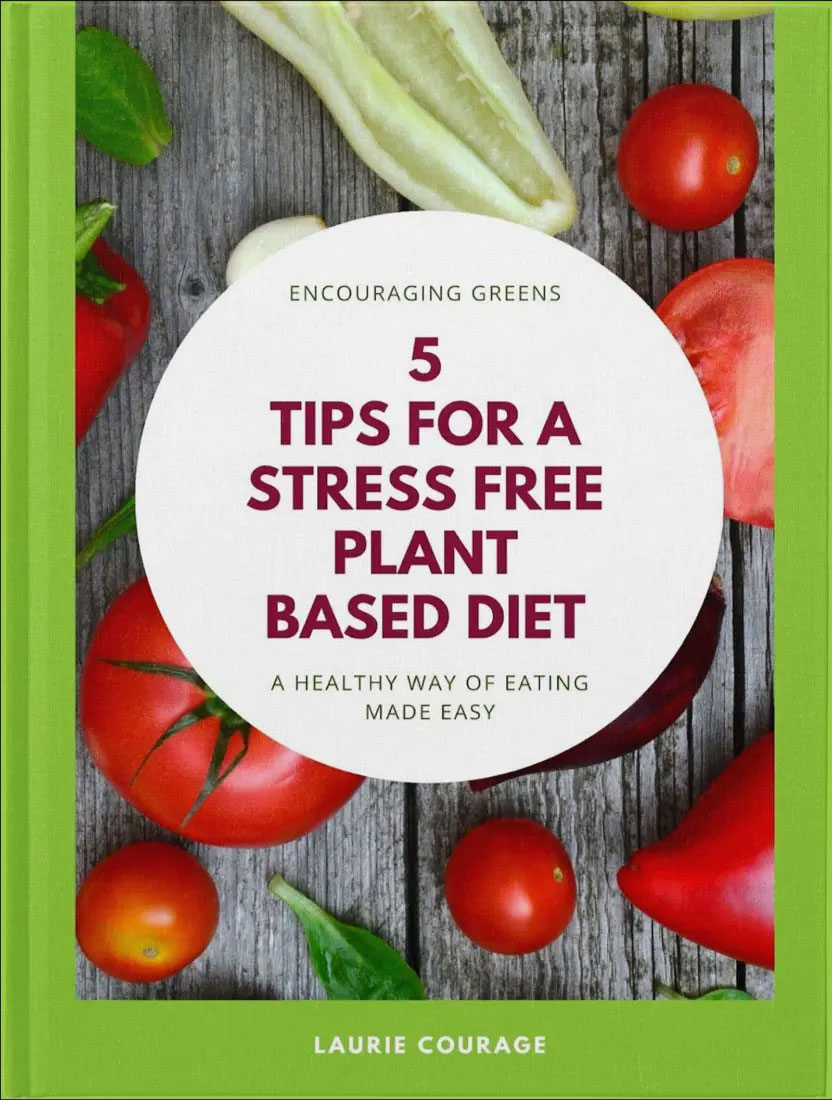Over 20 years ago, when reading a book on the possible causes of my Chronic Fatigue symptoms, I learned that low magnesium levels may be in part to blame for why I was so tired and had trouble breathing. This made sense since a recent test showed that my levels were still low even with purposeful supplementation for over a year. But what really got my attention was that although this was a common issue, especially for busy middle-age women, those of us most at risk didn’t know to check.
Why not? Follow the money.
The book made a comparison to other nutrients that had a profitable connection with the food industry. Vitamin C had orange growers and Vitamin D had the dairy industry. But the reason that so many of us with a magnesium deficiency were not aware of how to address the risks came down to one thing – broccoli was not organized. It’s not even capitalized! The same was true with most healthy foods found in the produce section, including many even higher in magnesium.
Wow. The concept of disorganized broccoli really hit me for a few reasons.
- They knew. There was knowledge out there about the connection between food and my health and someone wasn’t telling me because they didn’t stand to profit from sharing that information.
- I needed to ingest magnesium not as a supplement, but as food. Food in its whole form could be key to the body unlocking the nutrients I needed to heal.
That was in 2000. I fully recovered from that and several other health conditions by learning what and how to eat. I now have a collection of over 1500 books that feature the power of broccoli and other plant-based foods to help the body heal. So why talk about this now, so many years later?
Doesn’t everyone know that food is medicine? Apparently not.
I recently taught a plant-based nutrition and cooking class on both cancer and immunity. During the program, we spent a lot of time talking about the importance of phytonutrients from food, not supplements (aka ‘eat a rainbow’). There were lots of ahas from the class at the power of each food to help the body heal and even bolster immunity.
And guess who agrees – the pharmaceutical industry!
As I was preparing for my class, I found a research study from 2012 that gave me the same aha as the broccoli insight from years ago. Here was the pharmaceutical industry listing several plant-based foods, how nutritious they were, and the path to finding a profitable way to put the nutrients in a pill (‘druggabilty’), specifically phytochemicals to prevent and treat cancer. Here is an excerpt:
“Natural plants have been used to prevent and to treat various diseases for thousands of years…. these include curcumin from turmeric, genistein from soybean, tea polyphenols from green tea, resveratrol from grapes, sulforaphane from broccoli, isothiocyanates from cruciferous vegetables, silymarin from milk thistle, diallyl sulfide from garlic, lycopene from tomato, rosmarinic acid from rosemary, apigenin from parsley, and gingerol from gingers, just to name a few.”
My point once again is – they knew.
How many are still suffering with invasive cancer treatments and are not being encouraged by their doctors to at least try plants first? Too many. Our medical system is still designed primarily on treating acute conditions with pills and procedures for profit, and often misses the opportunity to help the body heal on its own by simply trying food first.
Now you know.
We can’t count on others alone to advocate for our health. We have to take back control.
For anyone who is facing a health issue and thinks you have exhausted all the possibilities but have not tried eating plants, may I humbly suggest giving a plant-based lifestyle a try for a few weeks or months. Let your doctor know your plan and maybe you both will learn what is possible.
Eat simple plant-based foods, simply prepared, and see what your body can do. I can help.
And one more thing. Broccoli typically has no side effects. Notice the capital B that time. So well deserved!

